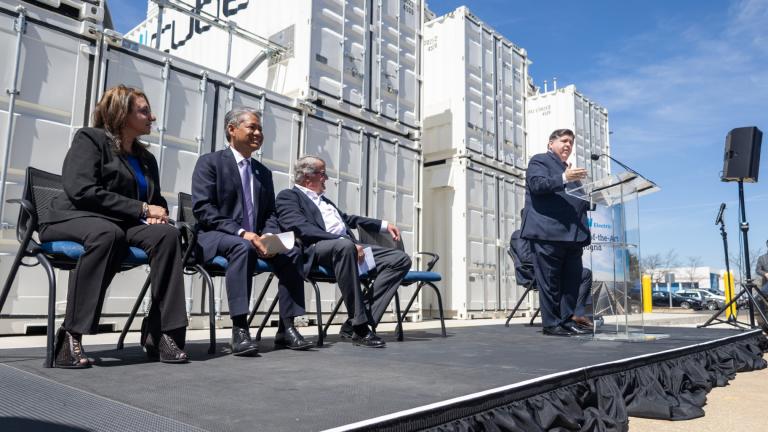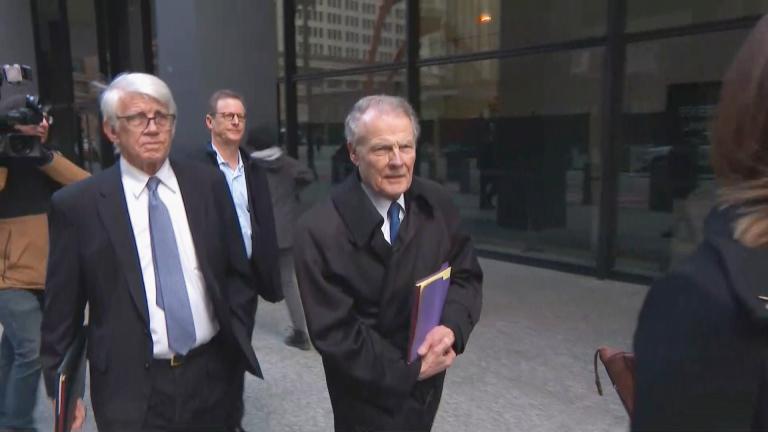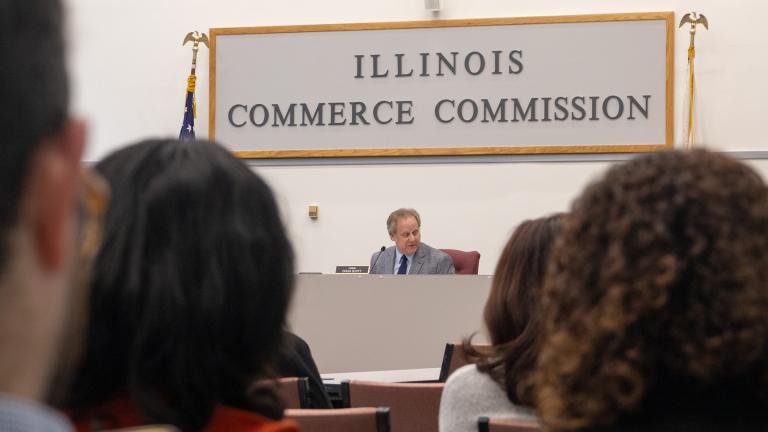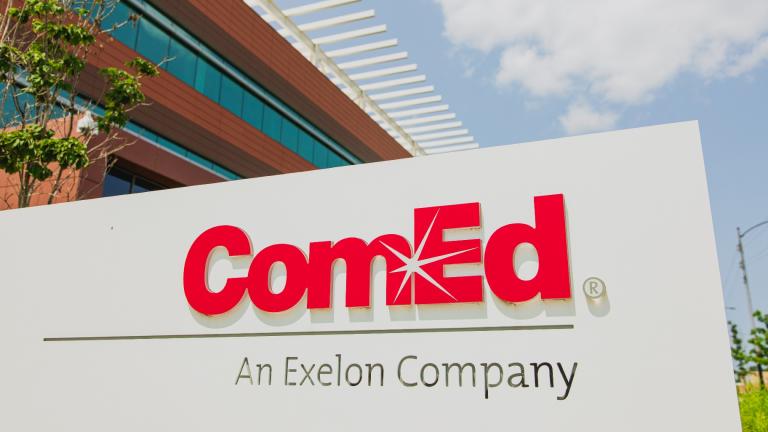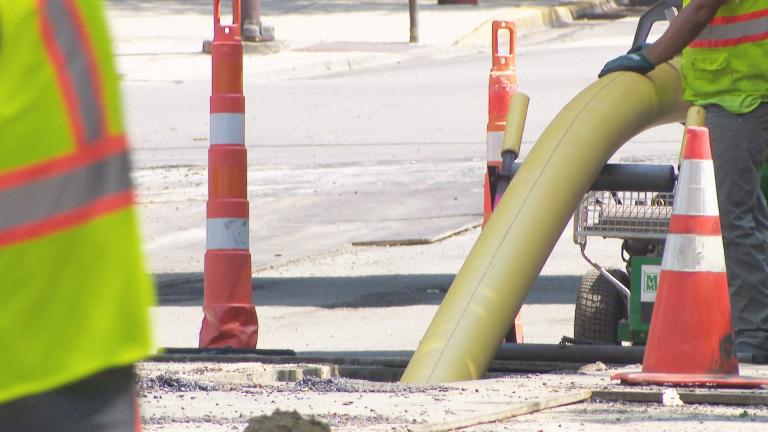For years, ComEd, a private operator, has had control of Chicago’s power supply. Now, nearly two dozen Chicago aldermen want to take a closer look at a possible public takeover of the utility. And Mayor Lori Lightfoot is also open to the idea.
Read: Socialized Electricity? Alderman Floats Government Takeover of ComEd
“The city will always explore all available options for ensuring the highest quality electricity delivery at the greatest value for our residents and businesses,” a mayoral spokesman told Crain’s Chicago Business. “We have received an ordinance introduced today and are reviewing it.”
Ald. Daniel La Spata (1st Ward) is the lead sponsor of the legislation. He thinks that since the city’s franchise agreement with ComEd is expiring Dec. 31, 2020, this is a perfect time for a feasibility study of Chicago taking over the utility.
The city already has a public utility – the Department of Water Management. But controversy has surrounded the water main replacement program and also Chicago’s water meter installation program, which is on hold after new data showed an increased level of lead in some metered homes.
Ald. Carlos Ramirez-Rosa (35th Ward) said the city has done this kind of takeover before. The “L” trains were once a network of private lines until a takeover in 1947 by the Chicago Transit Authority, a city agency.
So what are the pros and cons of Chicago taking over ComEd’s infrastructure? And what does the electricity utility think of a possible transfer of power?
La Spata joins us to debate the issue with Melissa Washington, the vice president of governmental and external affairs for ComEd.
Related stories:
Lead Concerns Halt Chicago Water Meter Installations
Illinois Faces Challenges in Reaching Renewable Energy Goals
Socialized Electricity? Alderman Floats Government Takeover of ComEd

